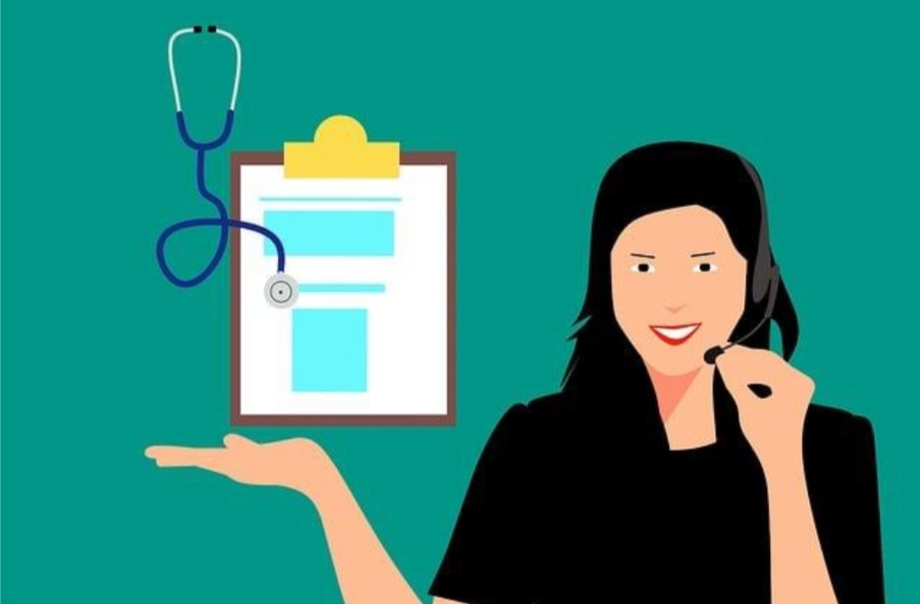Compliance with the Health Insurance Portability and Accountability Act (HIPAA) is non-negotiable in healthcare. Ensuring patient privacy and securing confidential information are critical elements of healthcare practice management. This is especially pertinent when selecting an answering service, as these providers often handle sensitive patient data. This guide outlines key considerations and steps to help you make an informed decision.
Understanding HIPAA Compliance
A HIPAA-compliant answering service is an essential tool for healthcare providers who must ensure that their communication methods comply with the 1996 Health Insurance Portability and Accountability Act (HIPAA). This service primarily helps manage phone calls, texts, and even emails while adhering strictly to HIPAA regulations, which are designed to protect patient privacy and secure sensitive health information.
The critical feature of a HIPAA-compliant answering service is its adherence to stringent security protocols. These protocols include encrypted communications, secure data storage, and restricted access controls, ensuring that all patient information handled over calls or messages is protected against unauthorized access and breaches. The operators and staff involved are thoroughly trained in HIPAA guidelines to ensure compliance with patient data in every interaction.
For healthcare practices, utilizing a HIPAA-compliant answering service offers multiple benefits. It ensures 24/7 responsiveness to patient calls without compromising their privacy. Whether it’s handling appointment bookings, urgent patient inquiries, or relaying messages to healthcare professionals, the service functions as an extension of the provider’s office, maintaining professionalism and confidentiality.
Additionally, this service helps healthcare providers maintain compliance with less effort and reduces the risk of penalties associated with HIPAA violations. By outsourcing to a specialized answering service, healthcare practices can focus more on patient care and less on the complexities of handling communications securely.
Assessing the Security Measures
The first step before you need HIPAA compliant answering service is to assess its security measures. Ensure that the service uses encryption for all messages, calls, and data storage. Inquire about its data center certifications and whether it conducts regular security audits. Understanding the technical safeguards it employs will give you confidence in its ability to protect your patients’ data.
Verifying Compliance Credentials
Ask potential answering services for proof of their HIPAA compliance. This can include certifications or results from recent audits. Reliable providers should have no hesitation in providing evidence of their compliance. Additionally, check if they have any history of data breaches or security incidents and how they have addressed these issues.
Evaluating Training and Employee Policies
Since human error can often lead to data breaches, it’s essential to evaluate the training programs that the answering service provides to its employees. Employees should be well-versed in HIPAA rules and the specific practices required to maintain compliance. Ask about ongoing training and how often employees are tested on their HIPAA knowledge.
Checking Service Level Agreements (SLAs)
Service level agreements are critical as they outline what you can expect from your answering service in terms of performance and reliability. Examine the SLA for specifics on how the service handles and secures PHI. Ensure that the SLA includes clauses holding the service accountable for maintaining HIPAA compliance, along with regular reporting and auditing provisions.
Understanding Their Experience with Healthcare Clients
Experience in the healthcare sector is a significant advantage. An answering service that is familiar with the complexities of healthcare communications is more likely to understand the nuances of HIPAA compliance. Check their client list and ask for case studies or testimonials from other healthcare providers. This can provide insight into their capability and reliability in handling sensitive health information.
Assessing the Availability and Response Time
Healthcare providers need an answering service that is responsive and available 24/7. Check the service’s availability and average response times. It’s crucial that your provider can handle calls efficiently and securely, regardless of the time of day.
Reviewing Technology and Integration Capabilities
The technology used by the answering service should seamlessly integrate with your existing systems. This reduces the risk of data breaches and ensures continuity in patient care. Ask about the compatibility of their systems with your electronic health records (EHR) system and other communication tools.
Considering Cost vs. Value
While cost should not be the primary factor in your decision-making process, it’s important to consider what you are getting for your investment. A lower-cost service might not offer the robust security measures necessary for HIPAA compliance. Evaluate the cost relative to the service’s features, security measures, and reliability.
Conclusion
Selecting the right HIPAA-compliant answering service is crucial for maintaining the trust and safety of your patients. It requires a thorough understanding of HIPAA regulations and a careful evaluation of potential service providers. By following the steps outlined above, healthcare practices can ensure they choose a service that not only meets but exceeds the standards for compliance and reliability.
Choosing the right service will not only protect patient data but also enhance the operational effectiveness of your practice, ensuring that patient communications are handled with the utmost care and professionalism.





